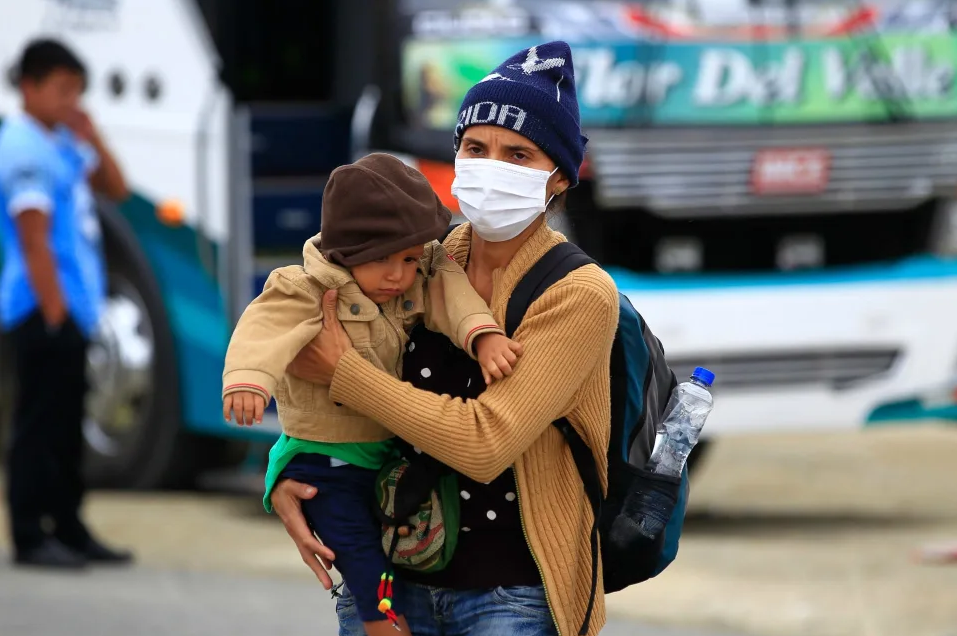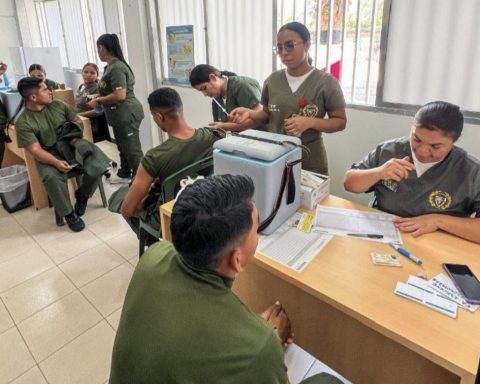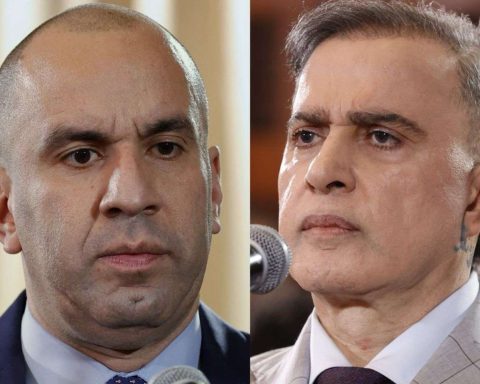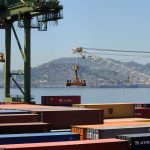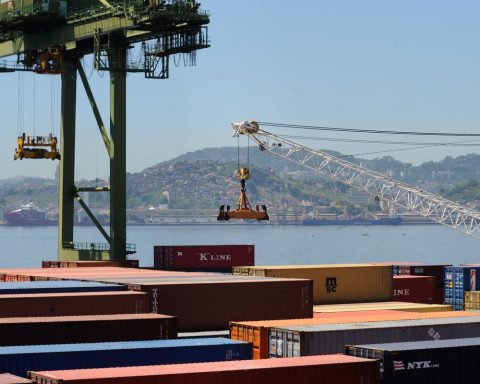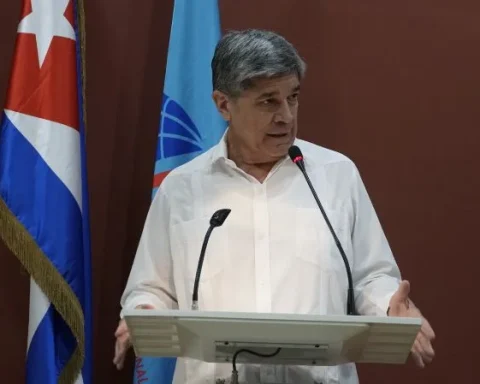60% of people in human mobility who are in Quito believe that their lives would be at risk if they return to their country of origin, according to a survey released this Thursday by the office in the capital of Ecuador of the United Nations High Commissioner for the Refugees (UNHCR).
The UN agency concluded that the study, in which 742 families were interviewed migrants or refugees from Colombia and Venezuela, “indicates a high level of need for international protection in people in human mobility who reside in Quito.”
69% of the people surveyed in the Ecuadorian capital have applied or plan to apply for asylum in Ecuador, more than half of them from Colombia.
According to the survey, 72% of the people interviewed prioritize access to basic needs such as food, clothing and housing.
Only 4% with formal employment
61% are employed, but only 4% have a formal job and 57% rely on informal jobs to meet their needs.
“The timely integration of refugees and migrants is key to facilitating their protection and allowing them to rebuild their lives in a self-sufficient manner,” said the UNHCR representative in Ecuador, Giovanni Bassu.
“The regularization process that is about to start will be key for many people who are currently outside the protection system,” said Bassu, referring to the new regularization that the Ecuadorian government will carry out for immigrants, especially Venezuelans.
Ecuador is home to one of the highest numbers of people recognized as refugees and the third largest number of refugees and migrants from Venezuela.
In the country, the province of Pichincha, whose capital is Quito, is home to almost 108,000 refugees and migrants.
63% have suffered discrimination
Likewise, the study reflected that 63% of those surveyed have suffered some type of discrimination in their daily lives, a dynamic that they consider recurrent.
However, 51% stated that they have a positive relationship with their host community and 87% of these people want to stay in Quito.
The proximity to State services and institutions, as well as the perception of access to greater employment opportunities, make the city stand out as a favorite destination for the population in human mobility, according to the UNHCR.
The UN agency pointed out that this perception “highlights the need to generate public policies and programs that include this population in the development of the city.”
UNHCR indicated that it works with its partners in Ecuador to support refugees and others in human mobility to rebuild their lives in the country through assistance, protection and solutions initiatives. But to date it has only received 19% of the funds required to respond to those needs.
